 NERC invites the environmental science community to submit new ideas for strategic research.
NERC invites the environmental science community to submit new ideas for strategic research.
NERC is seeking ideas for research challenges that should be priorities for strategic research investment through strategic programme areas and highlight topics. NERC would welcome ideas from both researchers and those who use environmental science research.
As stated in a previous announcement, ideas for new highlight topics should be submitted by 15 May 2018. Ideas for new strategic programme areas should be submitted by 6 September 2018.
Guidance to explain what they are looking for, how to submit ideas, and how NERC staff can help, can be found on the call for ideas for strategic research page.
2017 saw the fourth cut-off for ideas for strategic programme areas and a summary of the ideas received is also available on the call page. NERC’s Strategic Programme Advisory Group (SPAG) reviewed the ideas and used a number of them to generate the proposals for strategic programme areas that were selected for scoping by NERC’s Science Board:
- Earth system plastics
- transforming fractures – exploration of the deep-ocean highways
- reducing uncertainty in climate sensitivity due to clouds.
All submitters of ideas received by NERC will receive feedback, and there are no restrictions on resubmission of ideas that have not been used to develop potential investments in previous years.
NERC encourages ideas from all parts of the environmental science community and NERC staff are available to discuss potential ideas and provide advice. If you have any queries on the process, or would like advice on a potential idea, please contact them at idea@nerc.ac.uk in the first instance, and they will put you in touch with a NERC colleague who can help.
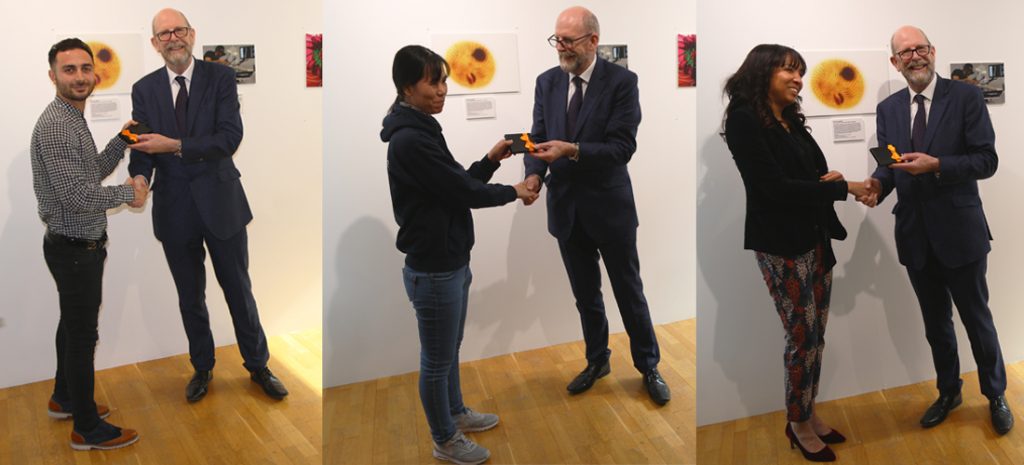
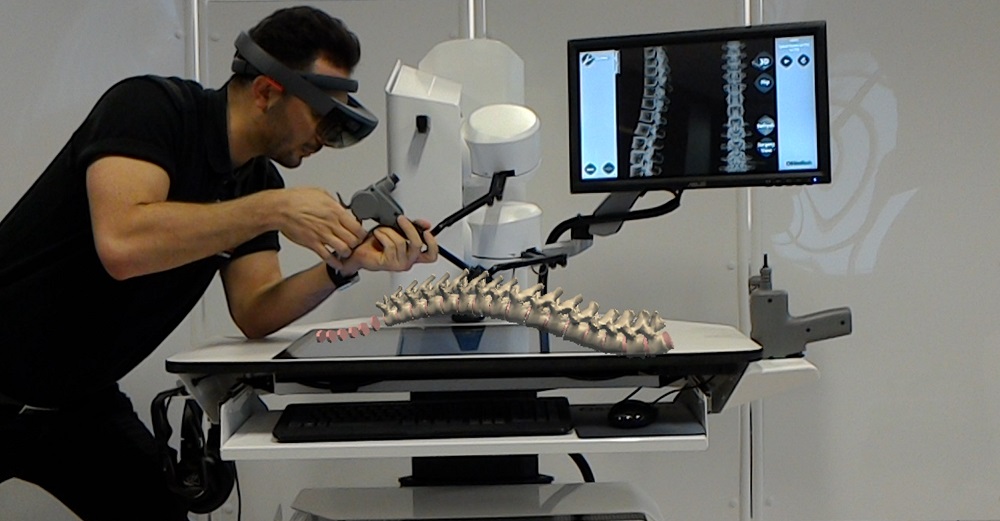
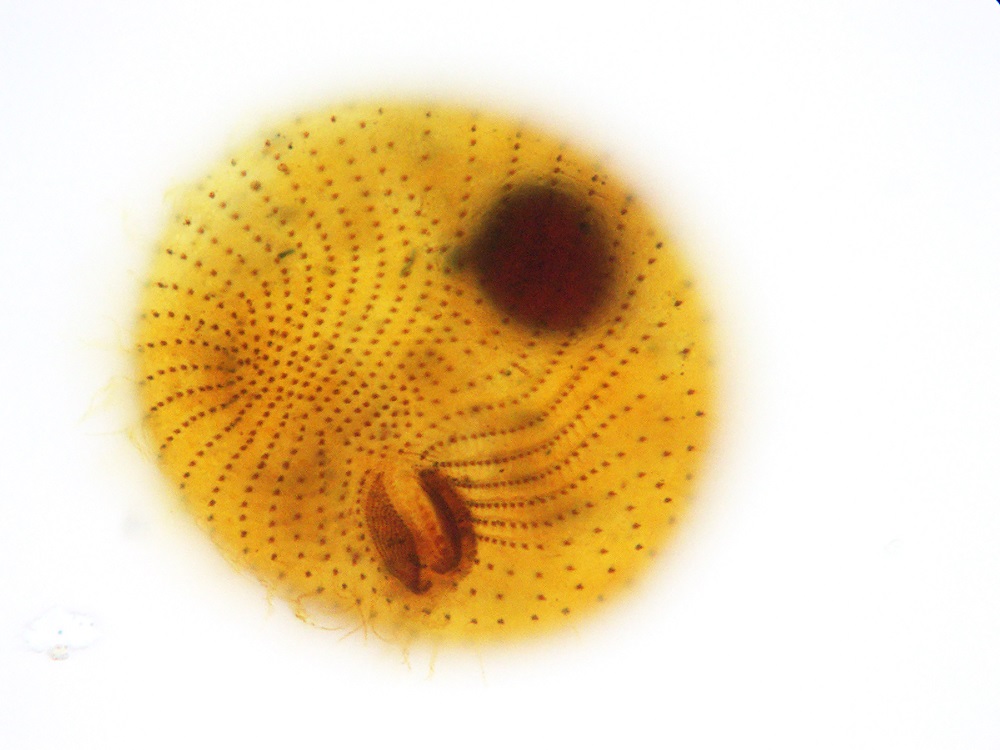


 The awards ceremony for this year’s Research Photography Competition is taking place on Tuesday, 20 March from 1-2pm.
The awards ceremony for this year’s Research Photography Competition is taking place on Tuesday, 20 March from 1-2pm.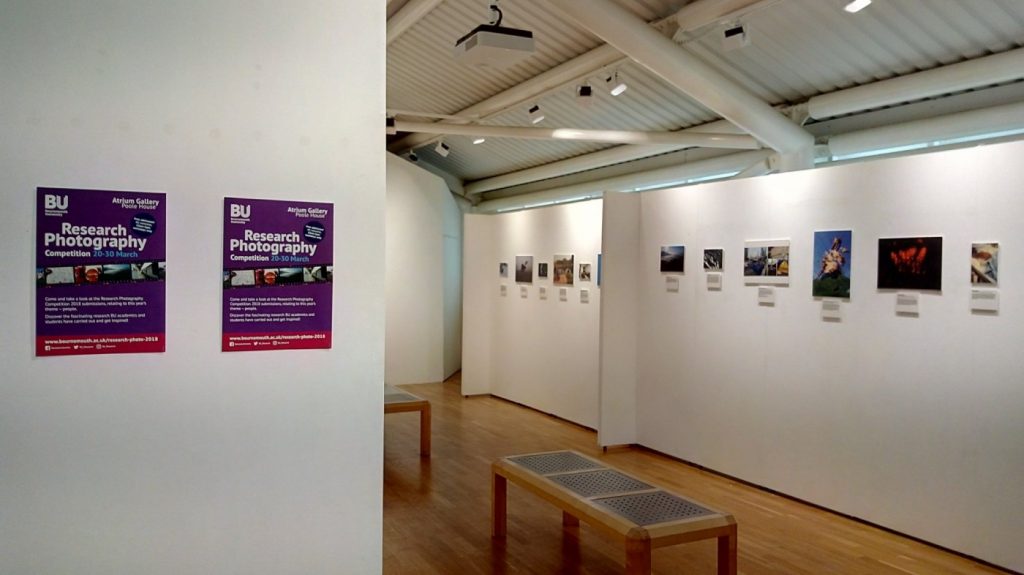

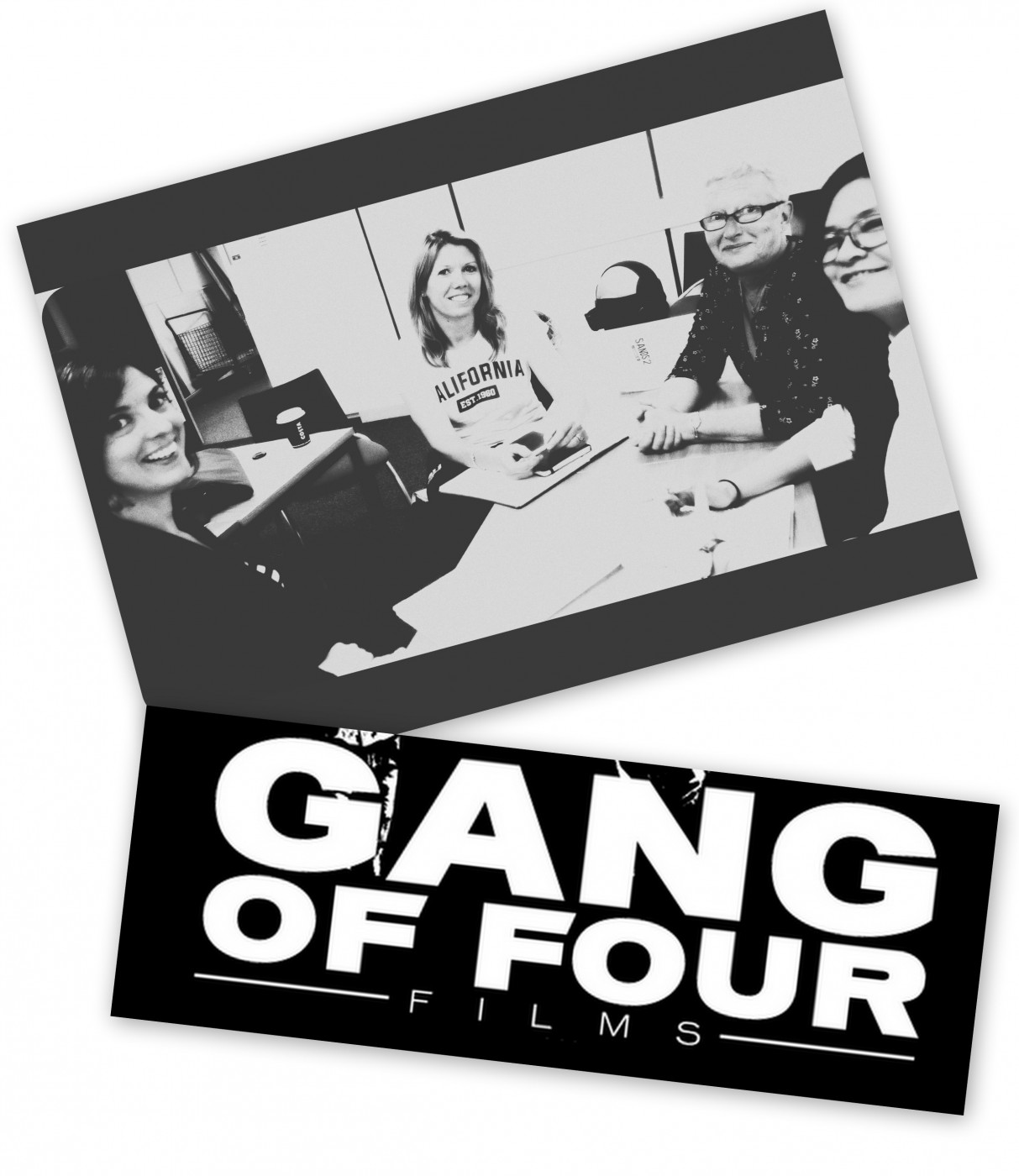

 Join us for this
Join us for this 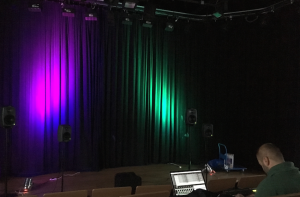
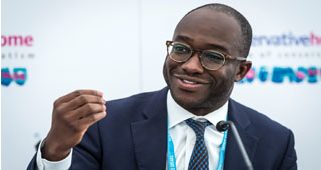 On Thursday BU will host Sam Gyimah, the Minister for Higher Education, Science, Research and Innovation, for a question and answer event. This is an amazing opportunity for students and staff to directly question the Minister on HE and wider political matters.
On Thursday BU will host Sam Gyimah, the Minister for Higher Education, Science, Research and Innovation, for a question and answer event. This is an amazing opportunity for students and staff to directly question the Minister on HE and wider political matters.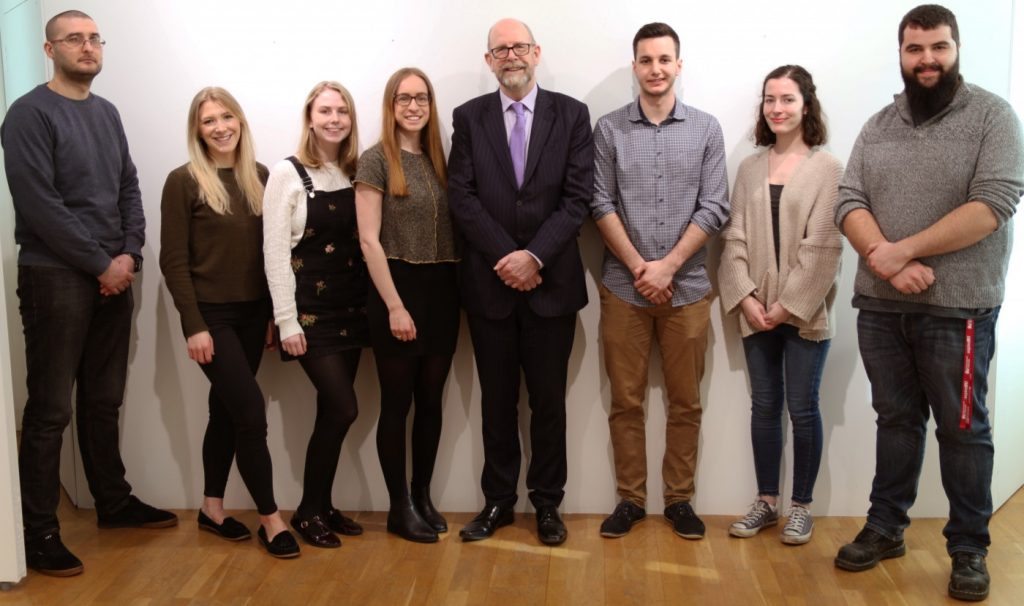


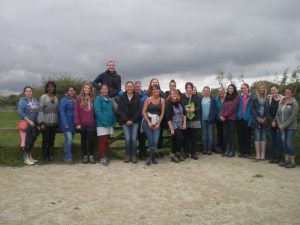
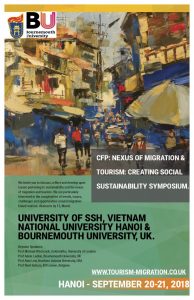
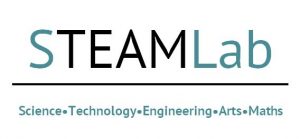












 Read and sign up to BU’s Policy Influence Digest
Read and sign up to BU’s Policy Influence Digest Upcoming opportunities for PGRs – collaborate externally
Upcoming opportunities for PGRs – collaborate externally BU involved in new MRF dissemination grant
BU involved in new MRF dissemination grant New COVID-19 publication
New COVID-19 publication MSCA Postdoctoral Fellowships 2024
MSCA Postdoctoral Fellowships 2024 Horizon Europe News – December 2023
Horizon Europe News – December 2023